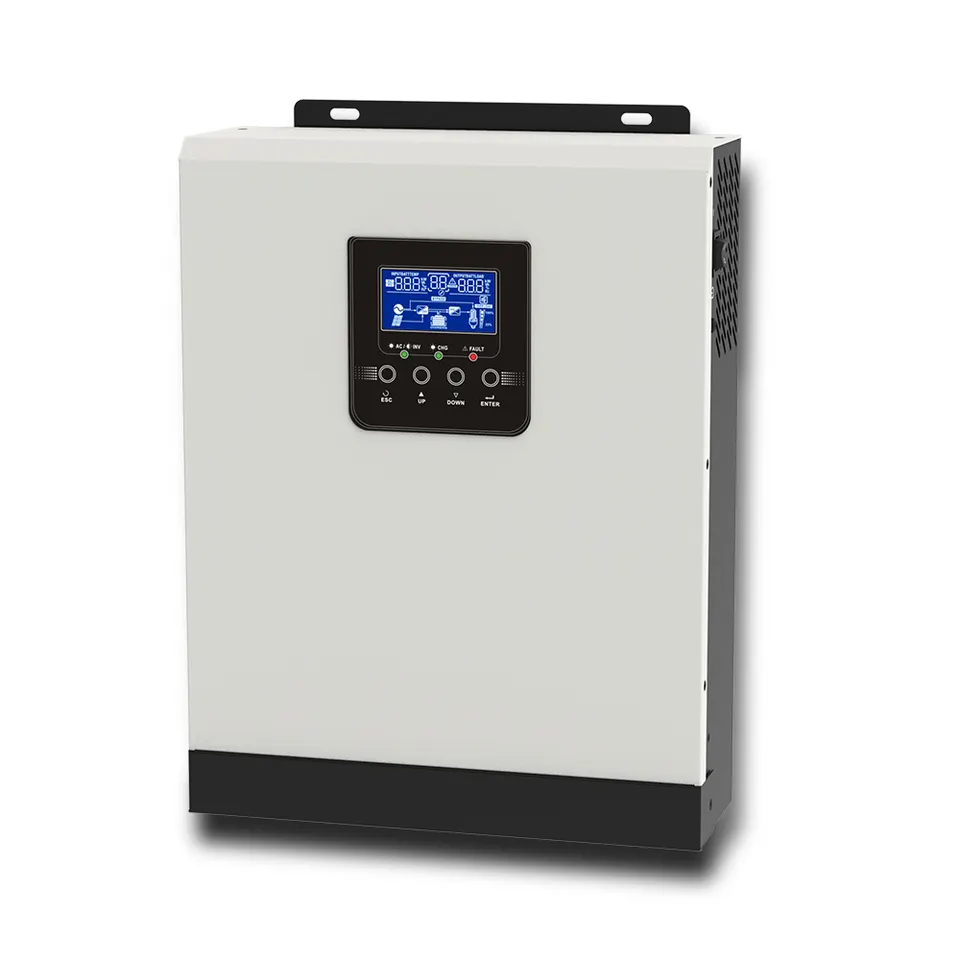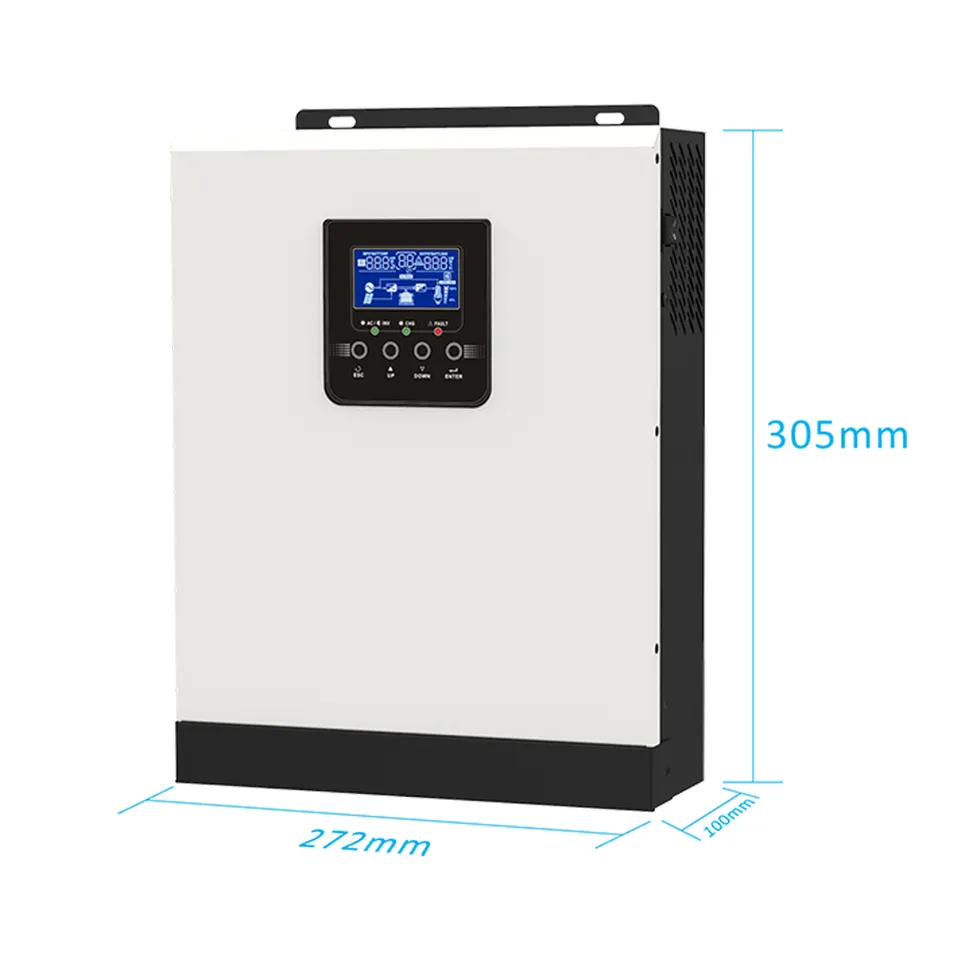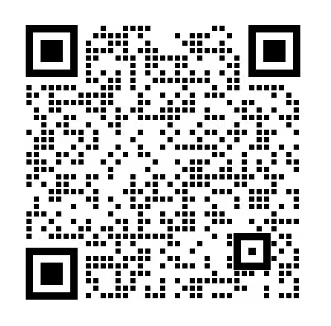In today’s world, electricity is essential for powering our devices and keeping us connected. Whether it’s our phones, computers, or home appliances, we rely on electricity to keep us going. However, when the power goes out, we are left without a source of electricity and can be left feeling disconnected and stranded. This is where power inverters come in.
A power inverter is an electronic device that converts DC power (such as that from a battery) into AC power (the type of power used in our homes and businesses). This allows us to power our devices even when we are not connected to the grid or during a power outage.
Introduction to the Power Inverter
In today’s world, electronic devices have become an integral part of our lives. From smartphones to home appliances, we use a variety of devices that run on electricity. However, when it comes to powering these devices, we face a problem when we don’t have access to a stable source of electricity.

This is where inverters come into play. Inverters are electronic devices that convert DC (Direct Current) power into AC (Alternating Current) power. In this article, we will take a closer look at how inverters work, their applications, and their advantages and disadvantages.
How Inverters Work
Inverters work by using a combination of electronic components that convert DC power into AC power. The basic components of an inverter include a DC power source, a switching circuit, a control circuit, and an output transformer. The DC power source can be a battery or a solar panel. The switching circuit is responsible for turning the DC power on and off at a high frequency. The control circuit regulates the switching circuit, while the output transformer converts the high-frequency AC power into a stable AC output.
Applications of Inverters
Inverters have a wide range of applications in today’s world. One of the most common applications of inverters is in backup power systems. In areas where power outages are frequent, inverters can be used to provide backup power to essential appliances such as refrigerators, lights, and fans. Inverters are also used in solar power systems to convert the DC power generated by solar panels into AC power that can be used to power homes and businesses.
Another application of inverters is in motor control. Inverters are used to control the speed of electric motors in industrial applications such as manufacturing, mining, and construction. Inverters can also be used in variable-frequency drives to control the speed of pumps and fans in HVAC (Heating, Ventilation, and Air Conditioning) systems.
Advantages and Disadvantages of Inverters
Inverters have several advantages over traditional power sources. One of the biggest advantages of inverters is their ability to provide backup power during power outages. Inverters are also more efficient than traditional power sources because they convert DC power into AC power with minimal losses. Inverters are also environmentally friendly because they produce less noise and pollution than traditional power sources.
However, inverters also have some disadvantages. One of the biggest disadvantages of inverters is their cost. Inverters are generally more expensive than traditional power sources, and their maintenance costs can also be high. Inverters also require a battery or a solar panel as a DC power source, which can add to their overall cost.
Choosing the Right Inverter
When choosing an inverter, there are several factors to consider. One of the most important factors is the power output of the inverter. The power output of the inverter should be sufficient to power all the appliances that you want to use during a power outage. The battery capacity of the inverter is also important because it determines how long the inverter can provide backup power.

The type of inverter is also an important consideration. There are two main types of inverters: pure sine wave inverters and modified sine wave inverters. Pure sine wave inverters produce a clean AC output that is suitable for all types of appliances, while modified sine wave inverters produce a less clean AC output that may not be suitable for sensitive electronics.
Conclusion
In conclusion, inverters are an essential component of our daily lives. They are used to power a variety of electronic devices and provide backup power during power outages. Inverters work by converting DC power into AC power using a combination of electronic components. They have several advantages over traditional power sources, including
their efficiency and environmental friendliness. However, they also have some disadvantages, including their cost and maintenance requirements. When choosing an inverter, it is important to consider factors such as power output, battery capacity, and type of inverter. Overall, inverters are an important technology that helps us to stay connected and powered up in today’s world. ……. One thing to keep in mind is that inverters are not a one-size-fits-all solution. Depending on your specific needs, you may require a different type of inverter or a larger or smaller capacity. It is always best to consult with a professional when choosing and installing an inverter to ensure that you are getting the right one for your needs.
In addition, it is important to maintain your inverter properly to ensure that it continues to function properly and provide reliable backup power. This includes regular battery maintenance, cleaning and dusting the inverter, and keeping it in a cool, dry location.
Inverters transformed electricity use, enhancing convenience and efficiency. Understand their functions and needs to make informed decisions.
As technology continues to advance, we can expect to see further improvements and innovations in the field of inverters. For example, new developments in battery technology could lead to longer-lasting and more efficient batteries for use with inverters. There are also advancements in the integration of inverters with renewable energy sources such as solar and wind power.
In addition, inverters are becoming increasingly intelligent and connected, allowing for remote monitoring and control of power usage. This can help to optimize power usage and reduce energy waste, ultimately leading to cost savings and a more sustainable future.
Overall, inverters are an important technology that has revolutionized the way we access and use electricity. By understanding how they work and their various applications and considerations, we can make informed decisions when choosing an inverter and ensure that we have reliable backup power when we need it.
Whether you are a homeowner, business owner, or outdoor enthusiast, there is an inverter available to meet your specific needs. With the continued advancement of technology and the growing demand for reliable and efficient power sources, inverters are sure to remain a vital component of our daily lives for years to come.
